Artificial Intelligence - How Has Japan Surpassed the USA? - A Guide to AI Applications in Japan 2023
What Does AI Look Like in Japan Now?
Artificial Intelligence (AI) in Japan in 2023 represents both the pinnacle of the nation's technological pursuits and a reflection of its current cultural values. As early as 2017, the Japanese government introduced the concept of "Society 5.0" - an ambitious plan for integrating digital technologies, including AI, into everyday life, with the aim of transforming society into a more integrated, intelligent, and comfortable place to live. Japan, with its reasonably long history of innovation in robotics and electronics, has naturally positioned itself at the forefront of countries extensively utilizing AI, with companies like Sony, NEC, and SoftBank leading the charge in this revolution. In the healthcare sector, companies such as ABEJA, founded in 2012, have revolutionized the healthcare area by introducing AI to improve diagnostics and treatment, reflecting the Japanese care for the health and well-being of its aging society.
Japanese culture, with its respect for harmony, precision, and innovation, plays a key role in the adoption and development of AI. This is evident in the way Japan embraces robotics and AI not just as tools, but as an integral part of the social and cultural landscape. For instance, humanoid robots like SoftBank's Pepper, introduced in 2014, are not only embodiments of advanced technology but also reflect the Japanese fascination with machines in the form of care for comfort in interaction with a robot. This integration of technology and culture is visible everywhere, from ordinary homes to anime and manga, where motifs related to AI and robotics have long been a main element of the plot. And this affects social perception and acceptance of AI.
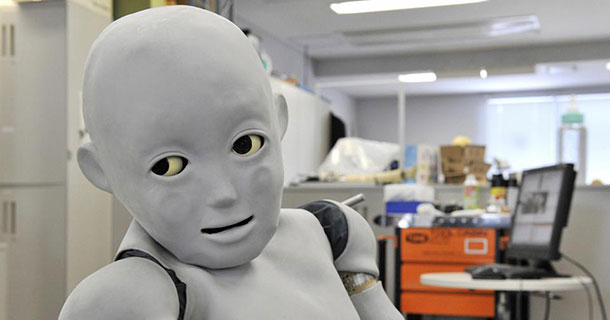
Japan and the USA - AI Leaders
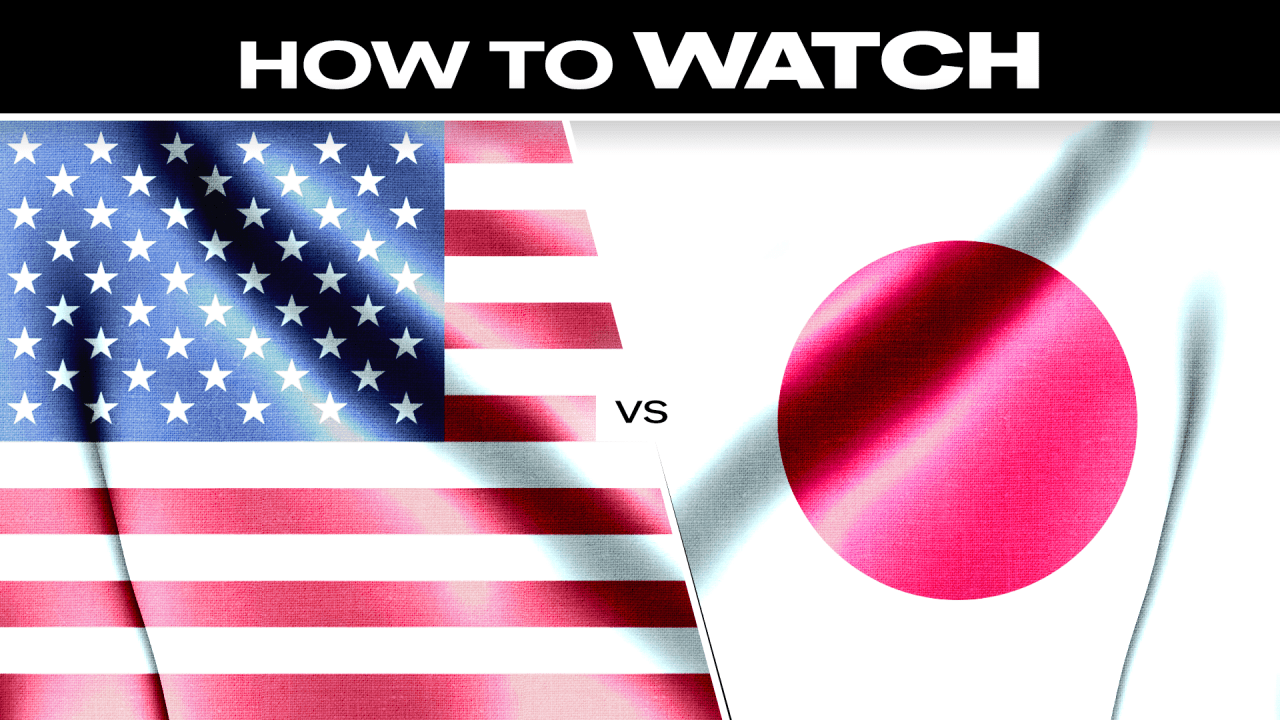
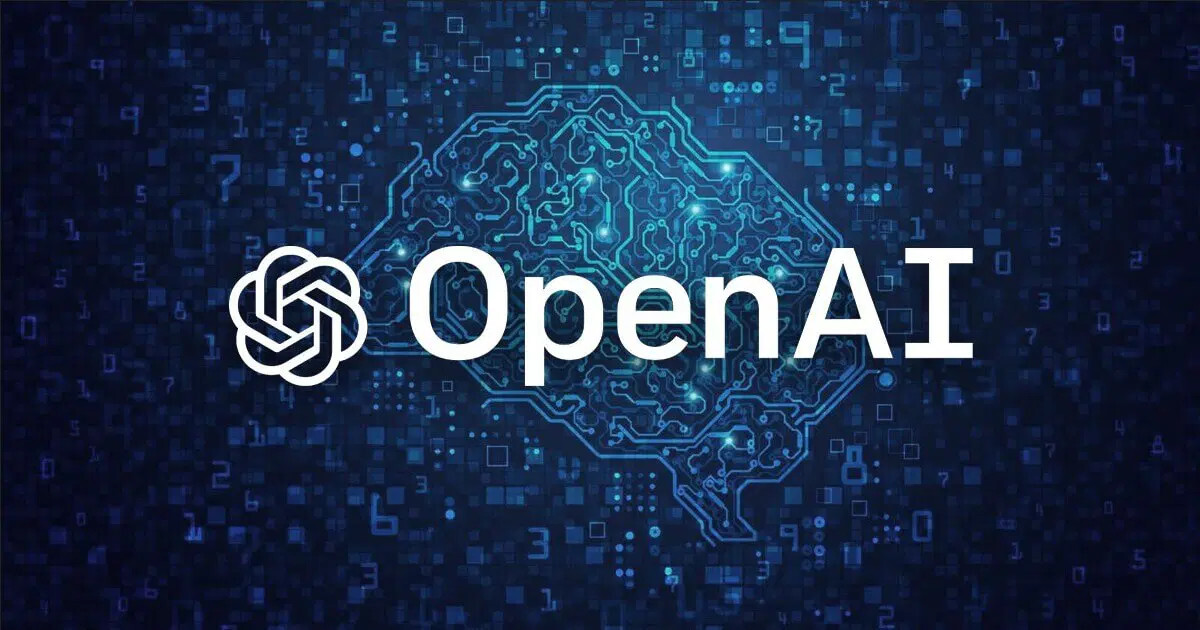
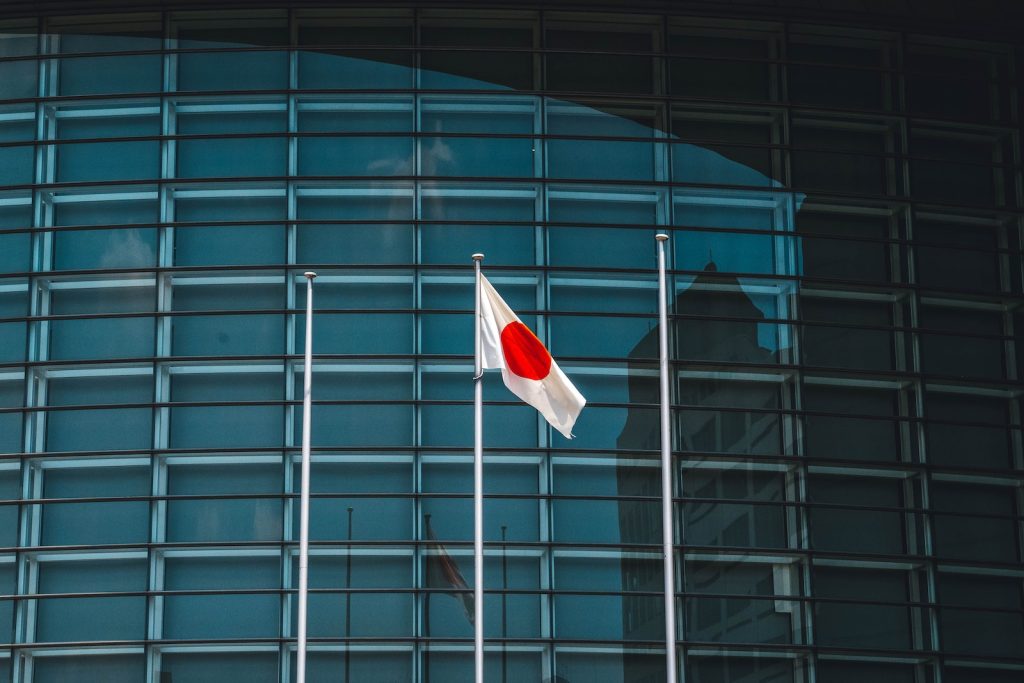
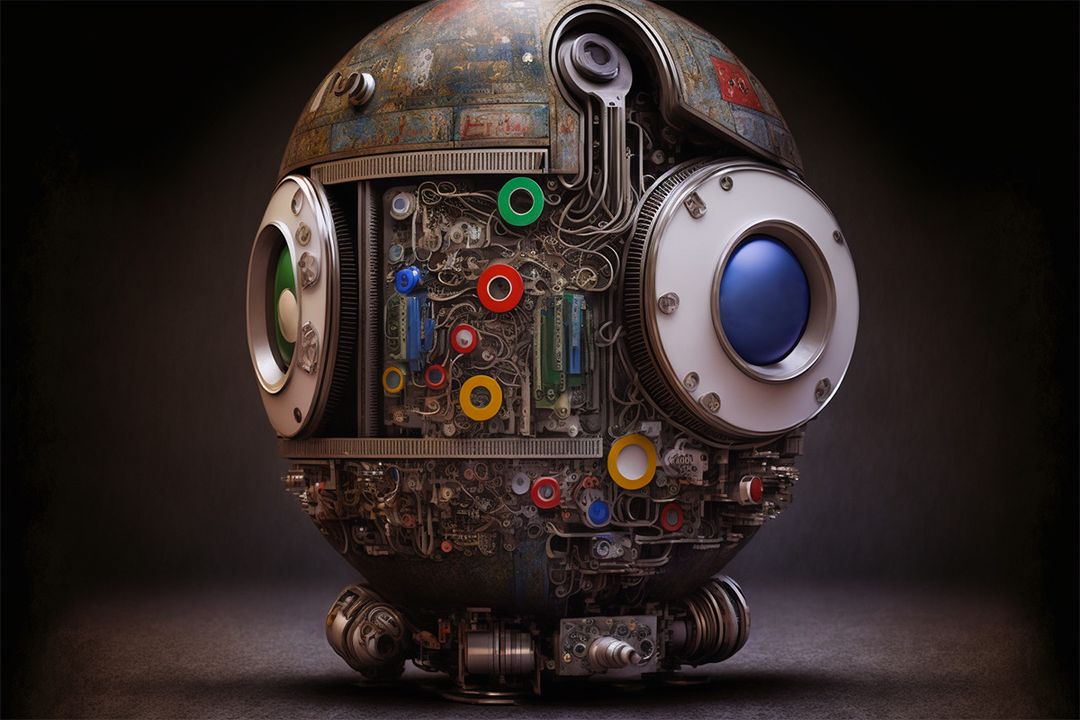
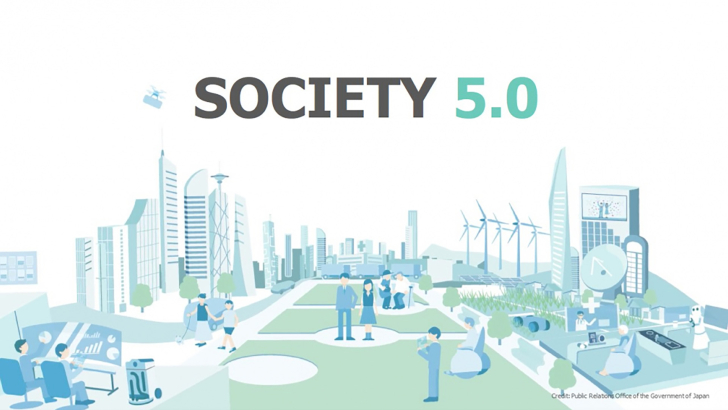
Robotic Industry and Automation
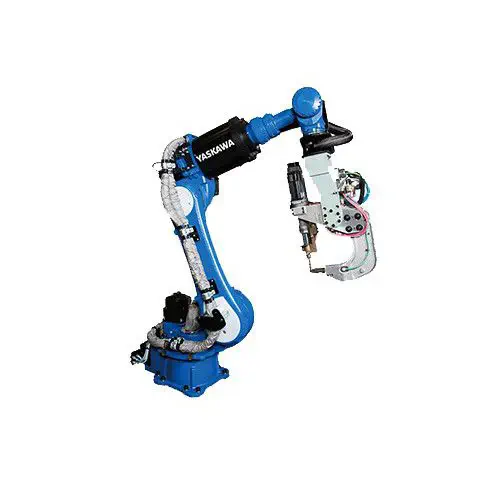
Automation of manufacturing processes in Japan is transforming traditional factories into smart facilities. For instance, Toyota's systems using AI for supply chain and production management significantly contribute to reducing downtime and increasing efficiency. Kawasaki Heavy Industries has also introduced robots into the production of heavy equipment, automating dangerous and repetitive tasks, while increasing safety and quality of production.
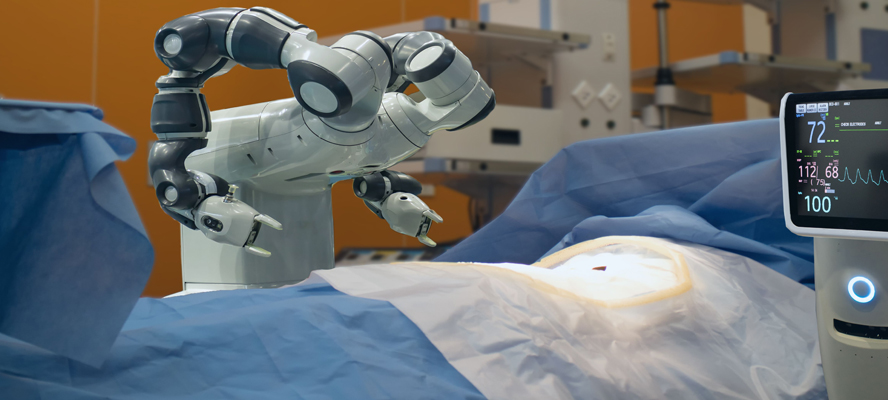
AI in Healthcare
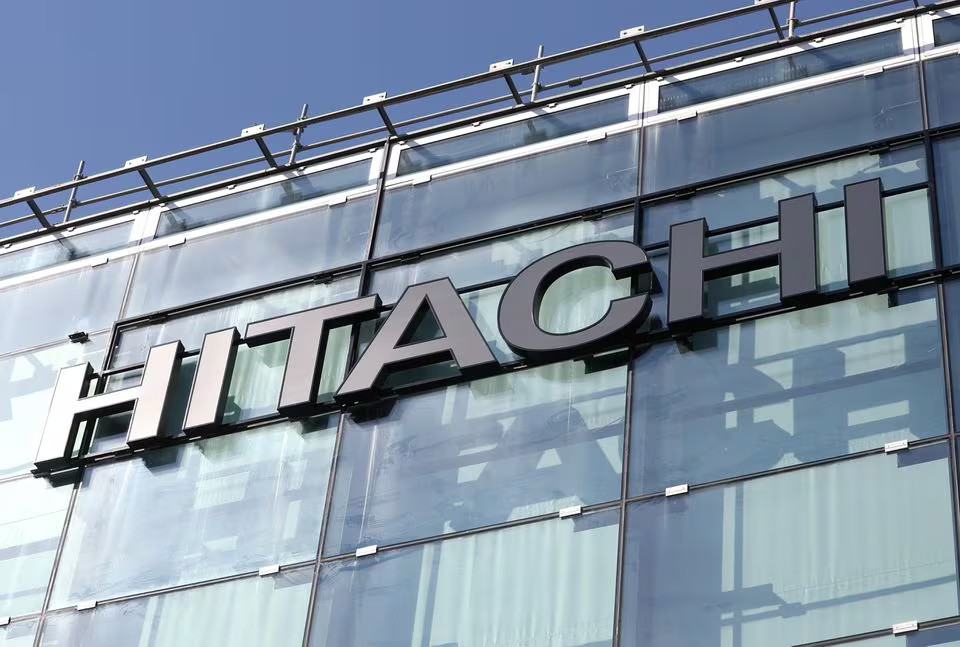
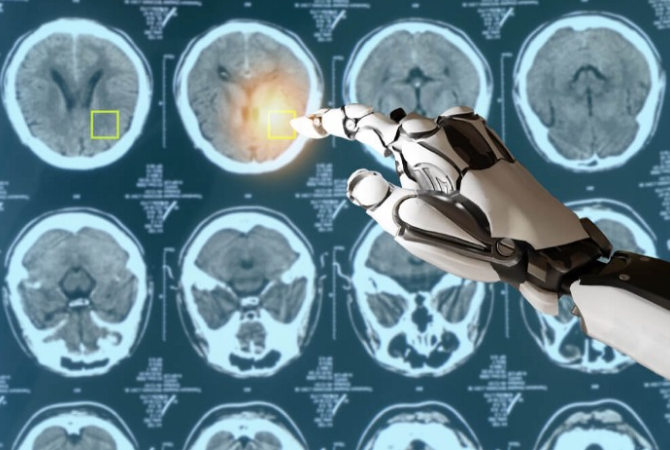
Japanese pharmaceutical companies, such as Takeda, also utilize AI to develop personalized therapies. They use algorithms to analyze vast sets of clinical data, speeding up the process of discovering new drugs and tailoring therapies to individual patients' needs.
AI in Education
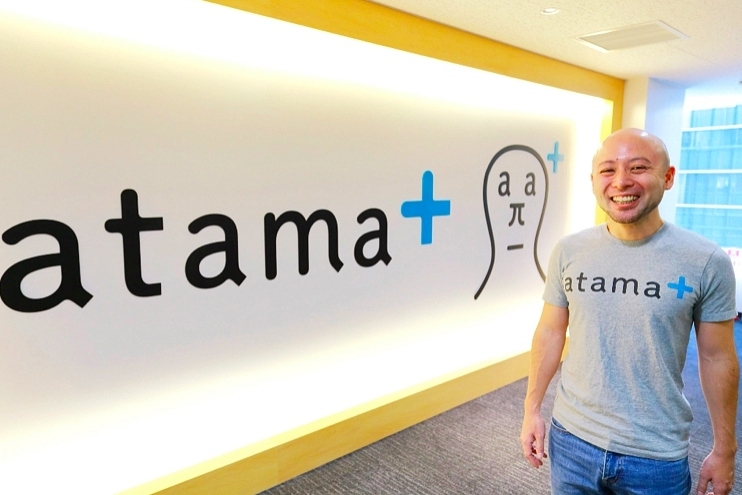
AI also supports teachers by providing tools to analyze students' progress and identify areas requiring additional support. Systems like AI-Score, developed by NTT Data, allow for automatic evaluation of students' work, saving teachers' time and enabling them to focus on individual student support.
Schools in Japan are increasingly integrating AI learning into their curricula, preparing students for future work in a world dominated by technology. Programs such as those offered by Digital Hollywood University in Tokyo focus on developing skills related to AI and programming, which is key in preparing young people for careers in the rapidly developing technology industry.
Smart City Solutions
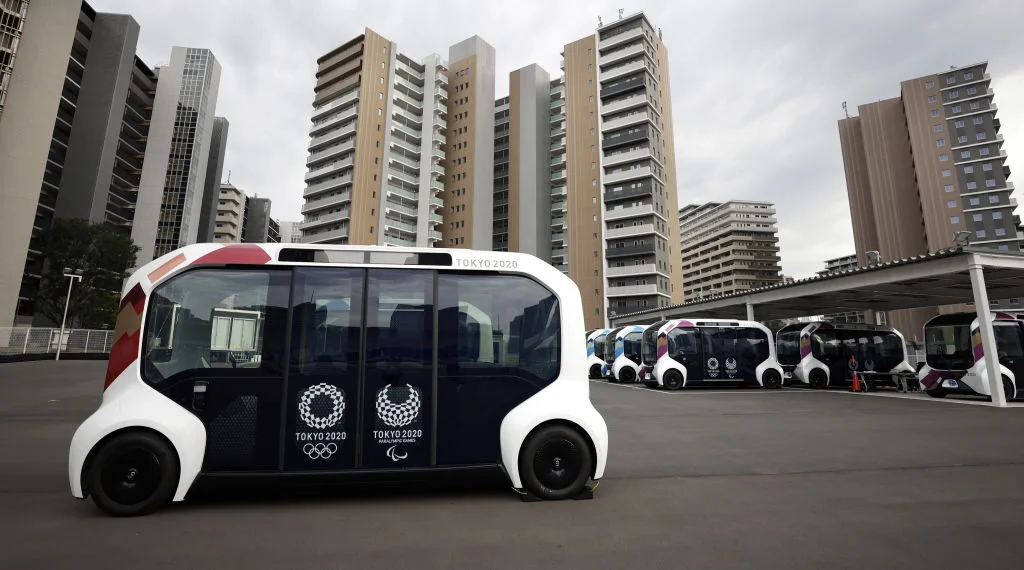
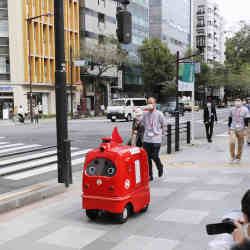
In Japanese smart cities, AI is also applied in intelligent buildings. Building management systems, like those developed by Mitsubishi Electric, use AI to optimize energy consumption and enhance residents' comfort. Moreover, intelligent waste systems developed by AI Inc. in Osaka allow for more efficient waste management, which is crucial in densely populated urban areas.
AI in Economy and Society
In Japan, the introduction of AI into the job market brings both challenges and opportunities. On the one hand, companies like Toyota use AI to automate production, which increases efficiency but also raises concerns about replacing workers with machines. For instance, Toyota implemented robots for painting and assembly in 2018, significantly speeding up production processes. On the other hand, in the service sector, such as customer service, AI opens up new employment opportunities, for example, in developing and managing intelligent systems. Companies like NTT Data are investing in AI development that supports employees in analyzing customer data, not replacing them, but complementing their work.

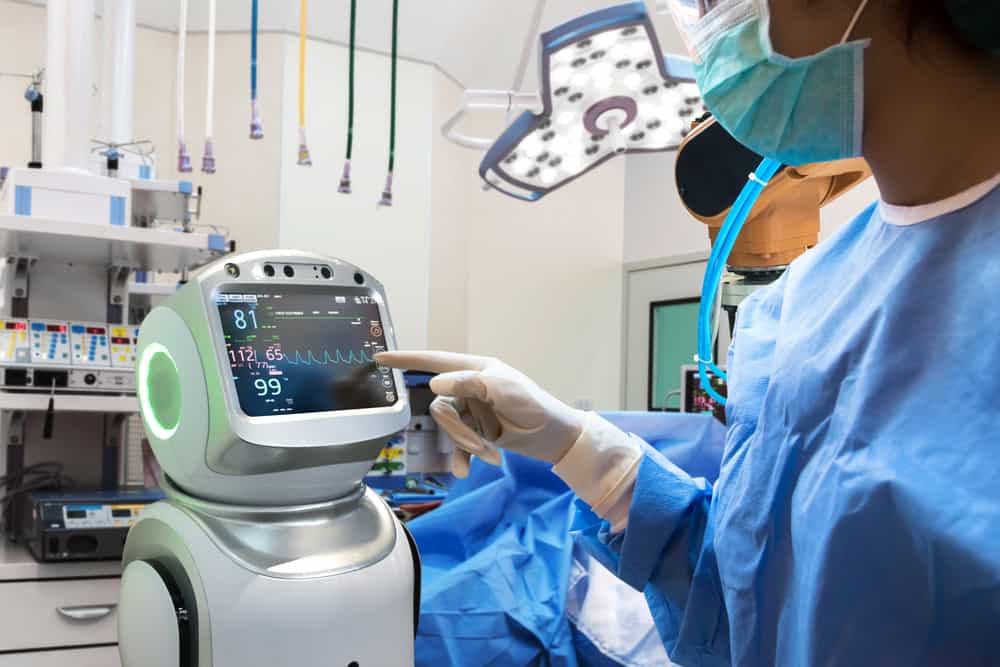
AI in Culture and Entertainment
 AI in Manga and Anime
AI in Manga and Anime
The use of AI in manga and anime production in Japan has significantly transformed the industry. For instance, in 2021, the animation studio OLM, known for their work on the "Pokemon" series, applied AI for scene coloring, which allowed halving the production time. Additionally, AI is used to create realistic character movements, as seen in the series "Ghost in the Shell: SAC_2045," where character animation has been greatly enhanced thanks to advanced AI technologies. Such innovations not only increase production efficiency but also open up new artistic possibilities, allowing creators to realize more complex and dynamic scenes.
 AI and Japanese Pop Culture
AI and Japanese Pop Culture
In music, AI is beginning to play a significant role in Japanese pop culture. In 2022, the band Perfume used AI to analyze and create unique sound patterns in their music, allowing the creation of new, experimental sounds. Similarly, projects like Vocaloid, where a synthetic voice created by AI, have become an icon of Japanese pop culture, demonstrating how AI technology can co-create new forms of art.
 AI in Visual Art
AI in Visual Art
In visual art, AI is being utilized by Japanese artists to explore new forms of expression. Artist Tatsuo Miyajima used AI in his light installations, creating dynamic, changing patterns that respond to viewer interactions. Such use of AI in art opens up new possibilities for artists, allowing the creation of works that are interactive and change over time.
AI and the Future of Culture
In the context of the future of Japanese culture, AI presents both a challenge and an opportunity. On the one hand, there is a concern that over-reliance on AI may lead to the loss of traditional skills and crafts. On the other hand, AI offers the chance to create new forms of artistic and cultural expressions that could transform Japanese culture in a way that was previously unattainable.
AI in Japan - Case Studies
 Asimo – The Honda Robot
Asimo – The Honda Robot
Asimo, created by Honda, is one of the most advanced humanoid robots in the world. First introduced in 2000 and continuously improved since then, Asimo was designed to assist the elderly and disabled. Equipped with face and speech recognition features, this robot can perform a range of tasks, from serving drinks to assisting in the home. Asimo, as an icon of Japanese innovation in robotics, exemplifies how AI and robotics can be utilized to improve people's quality of life.
 Fugaku – The RIKEN Supercomputer
Fugaku – The RIKEN Supercomputer
Fugaku, a supercomputer developed by RIKEN and Fujitsu, was launched in 2020 and quickly became the most powerful supercomputer in the world. Utilizing advanced AI algorithms, Fugaku has a wide range of applications, from climate simulations to new drug discoveries. Its role in COVID-19 research, including the analysis of virus spread and drug development, demonstrates how AI can contribute to solving global health challenges.
 ABEJA – Innovations in Data Analysis
ABEJA – Innovations in Data Analysis
ABEJA, a startup founded in 2012, specializes in data analysis using AI. Working with big data, this company helps businesses optimize business processes and make better decisions. One of their projects is a collaboration with SECOM in security, where AI analyzes images from security cameras to detect and respond to incidents more quickly.
 ZMP – Autonomous Vehicles
ZMP – Autonomous Vehicles
ZMP, a technology company founded in 2001, is a leader in the field of autonomous vehicles in Japan. Their Robot Taxi cars, tested in Tokyo in 2018, aim to offer driverless taxi services. Using advanced AI technologies for navigation and sensory data processing, ZMP contributes to the development of future transport, where safety and efficiency are paramount.
 Preferred Networks – AI in Practice
Preferred Networks – AI in Practice
Preferred Networks, founded in 2014, is one of Japan's leading AI companies. Their work in deep machine learning has found applications in many industries, including manufacturing and robotics. For example, in collaboration with Toyota, they developed AI for smart home robots that can assist in daily tasks and adapt to user needs. Their innovations demonstrate how AI can be practically applied to improve daily life.
What Does the Future Hold?
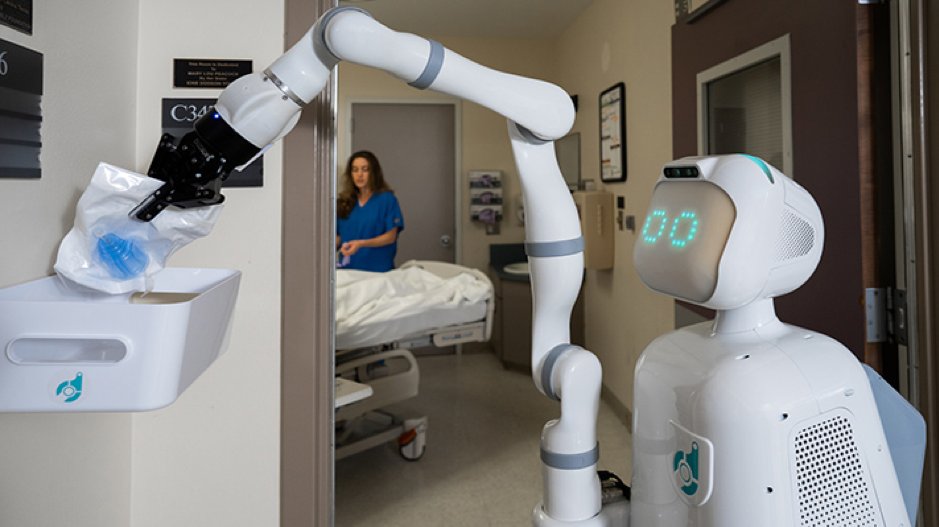
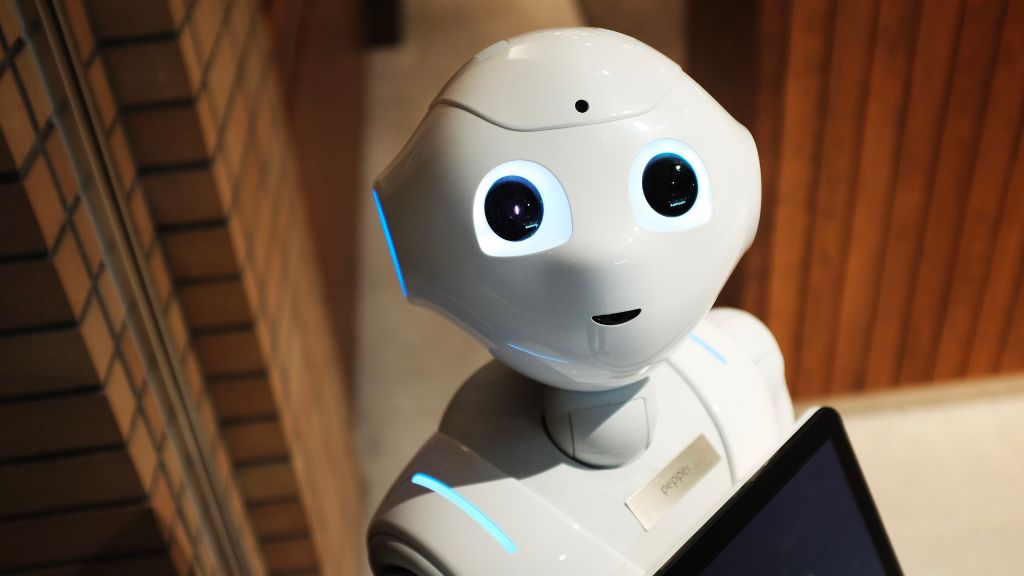
"Strong Japanese Women"
see book by the author
of the page
未開 ソビエライ
An enthusiast of Asian culture with a deep appreciation for the diverse philosophies of the world. By education, a psychologist and philologist specializing in Korean studies. At heart, a programmer (primarily for Android) and a passionate technology enthusiast, as well as a practitioner of Zen and mono no aware. In moments of tranquility, adheres to a disciplined lifestyle, firmly believing that perseverance, continuous personal growth, and dedication to one's passions are the wisest paths in life. Author of the book "Strong Women of Japan" (>>see more)
Personal motto:
"The most powerful force in the universe is compound interest." - Albert Einstein (probably)
Mike Soray
(aka Michał Sobieraj)
未開 ソビエライ
An enthusiast of Asian culture with a deep appreciation for the diverse philosophies of the world. By education, a psychologist and philologist specializing in Korean studies. At heart, a programmer (primarily for Android) and a passionate technology enthusiast, as well as a practitioner of Zen and mono no aware. In moments of tranquility, adheres to a disciplined lifestyle, firmly believing that perseverance, continuous personal growth, and dedication to one's passions are the wisest paths in life. Author of the book "Strong Women of Japan" (>>see more)
Personal motto:
"The most powerful force in the universe is compound interest." - Albert Einstein (probably)
Mike Soray
(aka Michał Sobieraj)
Write us...
Ciechanów, Polska
dr.imyon@gmail.com
___________________
inari.smart
Would you like to share your thoughts or feedback about our website or app? Leave us a message, and we’ll get back to you quickly. We value your perspective!

 AI in Manga and Anime
AI in Manga and Anime AI and Japanese Pop Culture
AI and Japanese Pop Culture AI in Visual Art
AI in Visual Art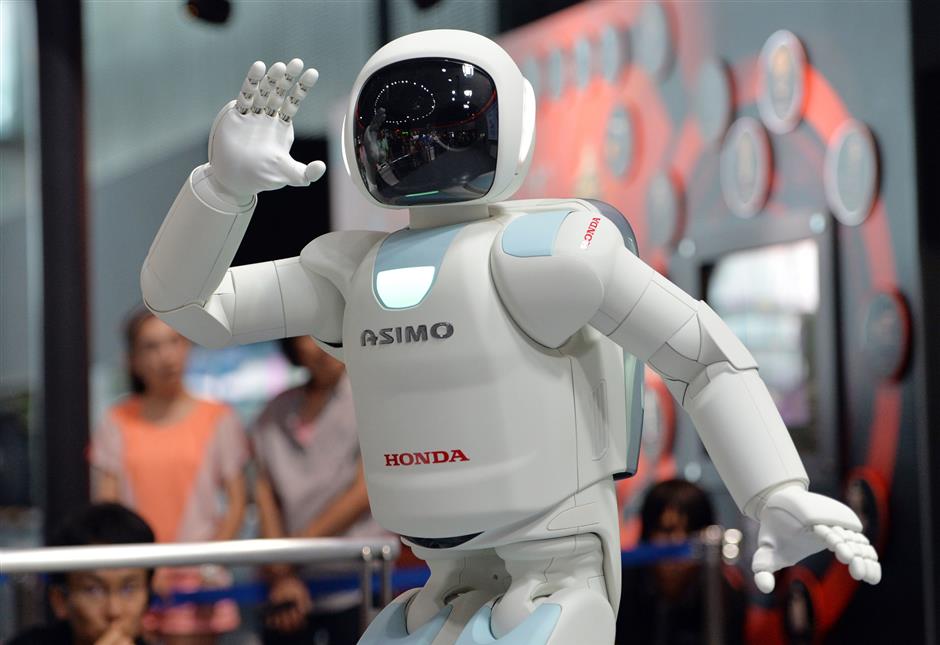 Asimo – The Honda Robot
Asimo – The Honda Robot Fugaku – The RIKEN Supercomputer
Fugaku – The RIKEN Supercomputer ABEJA – Innovations in Data Analysis
ABEJA – Innovations in Data Analysis ZMP – Autonomous Vehicles
ZMP – Autonomous Vehicles Preferred Networks – AI in Practice
Preferred Networks – AI in Practice

